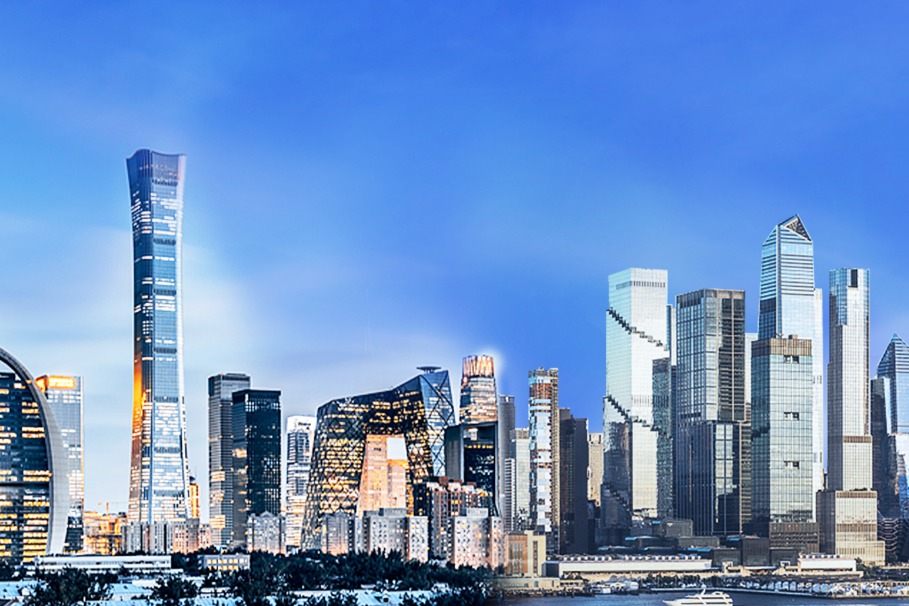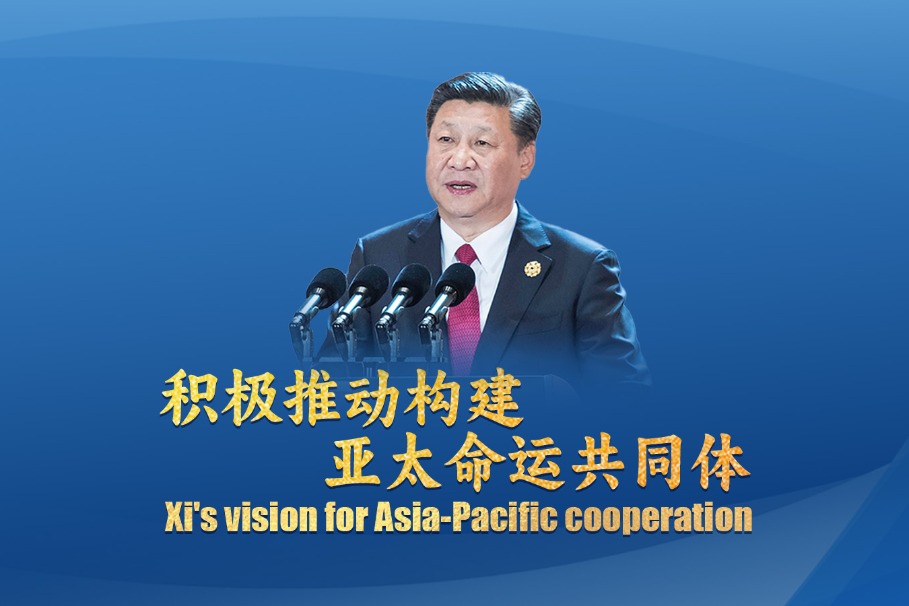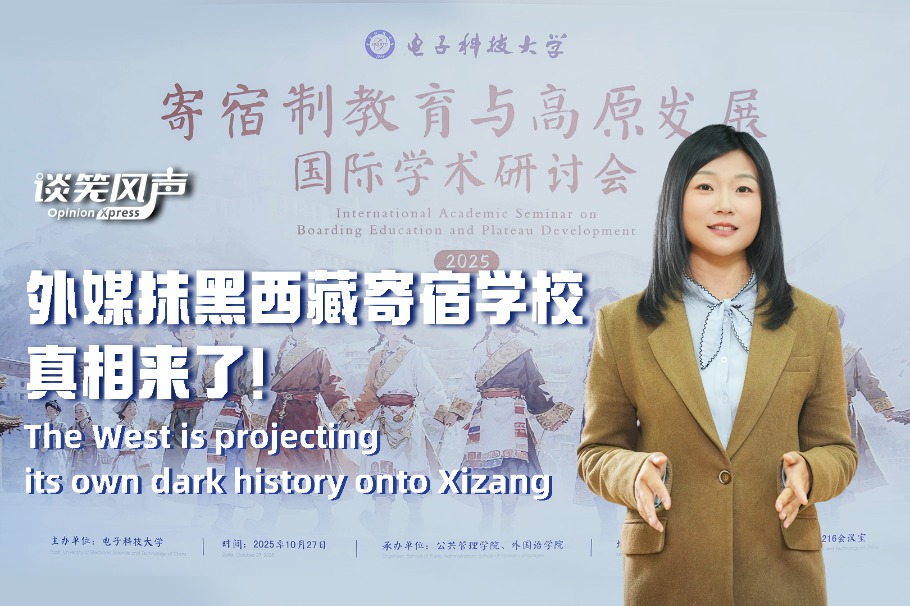Xi Jinping's vision for an open, inclusive Asia-Pacific

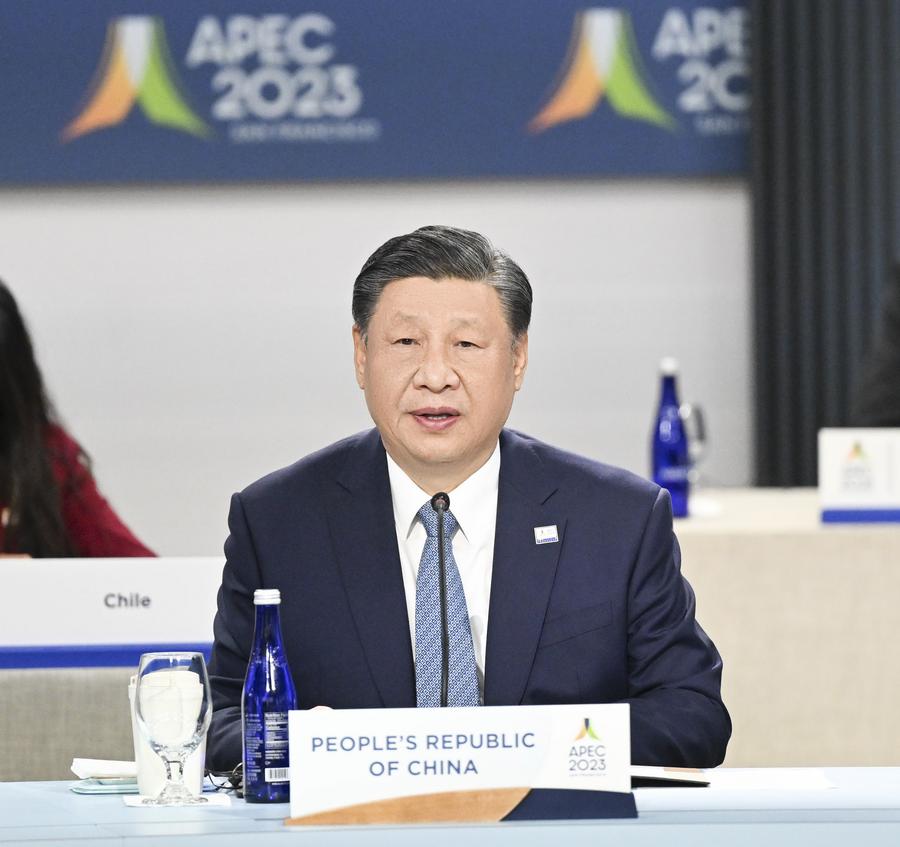
BUILDING A SHARED COMMUNITY
APEC was born at a pivotal moment when a tide of economic globalization was beginning to surge. From the outset, the forum carried a clear mission: to advance openness and economic integration. Over the decades, that commitment has given rise to what came to be known as the "Asia-Pacific Miracle," a period of extraordinary growth and transformation that reshaped the global economy.
For Xi, this pioneering spirit must continue. He often says Asia-Pacific cooperation should "dare to take the lead." As APEC turns 30, standing before APEC leaders, Xi has returned to a single, resonant question: How can the region create the next "golden thirty years" of development?
His answer has been consistent: build an Asia-Pacific community with a shared future. In 2020, APEC launched Putrajaya Vision 2040, a new long-term blueprint that aspires for an "open, dynamic, resilient and peaceful Asia-Pacific community by 2040."
The Chinese leader acknowledges that countries differ in national conditions and expectations. What matters most, he believes, is addressing these differences through consultation and working together to explore solutions to common challenges.

Xi once drew on ancient Chinese wisdom to portray APEC as a family of economies linked by the vast, flowing waters of the Pacific Ocean. "The highest good is like water; water benefits all things without contending."
"The vast Pacific Ocean is big enough," Xi once said, underscoring his belief in co-existence and cooperation.
Such a spirit is not only exemplified in Xi's push for China's collaboration with regional countries, but also in his efforts to help them overcome pressing global challenges, particularly climate change.
This February, Xi invited Sultan of Brunei Haji Hassanal Bolkiah Mu'izzaddin Waddaulah to visit China and attend the opening of the 9th Asian Winter Games in China's northeastern ice city, Harbin.
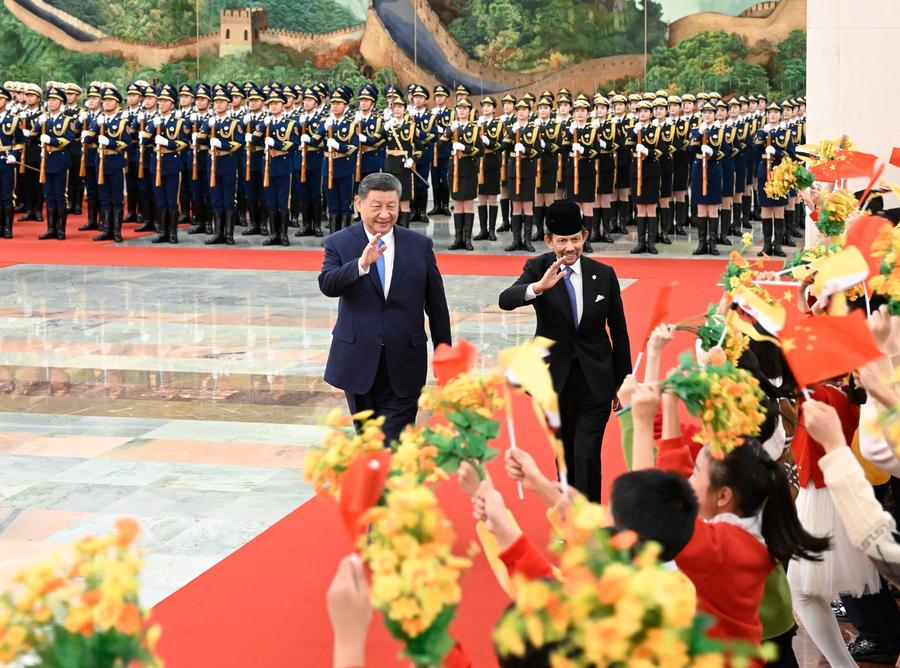
Ahead of the Games, the two leaders met in Beijing for talks that spanned both emerging and traditional sectors. Their discussion touched on new industries such as the digital economy, artificial intelligence and new energy, as well as longstanding areas of cooperation like agriculture and fisheries. Brunei will host the ASEAN Center for Climate Change and collaborate closely with China on climate action.
For Xi, the partnership carries symbolic weight. He noted that China and Brunei "have set a model for treating countries, big and small, as equals and pursuing mutual benefit and win-win cooperation."
Looking ahead, Xi envisions the Asia-Pacific remaining the "locomotive" of globalization. A new wave of technological and industrial change is emerging, driving the global shift toward a digital, green, and smart economy. Such change, Xi argues, is building powerful momentum for the next phase of globalization.
He has often described the world economy as being caught in a tug of war between driving and obstructive forces, but he believes the forces driving integration will prevail. "As long as we act in the spirit of openness and connectivity," he has said, "the vast Pacific will become a thoroughfare for more prosperity and growth."














